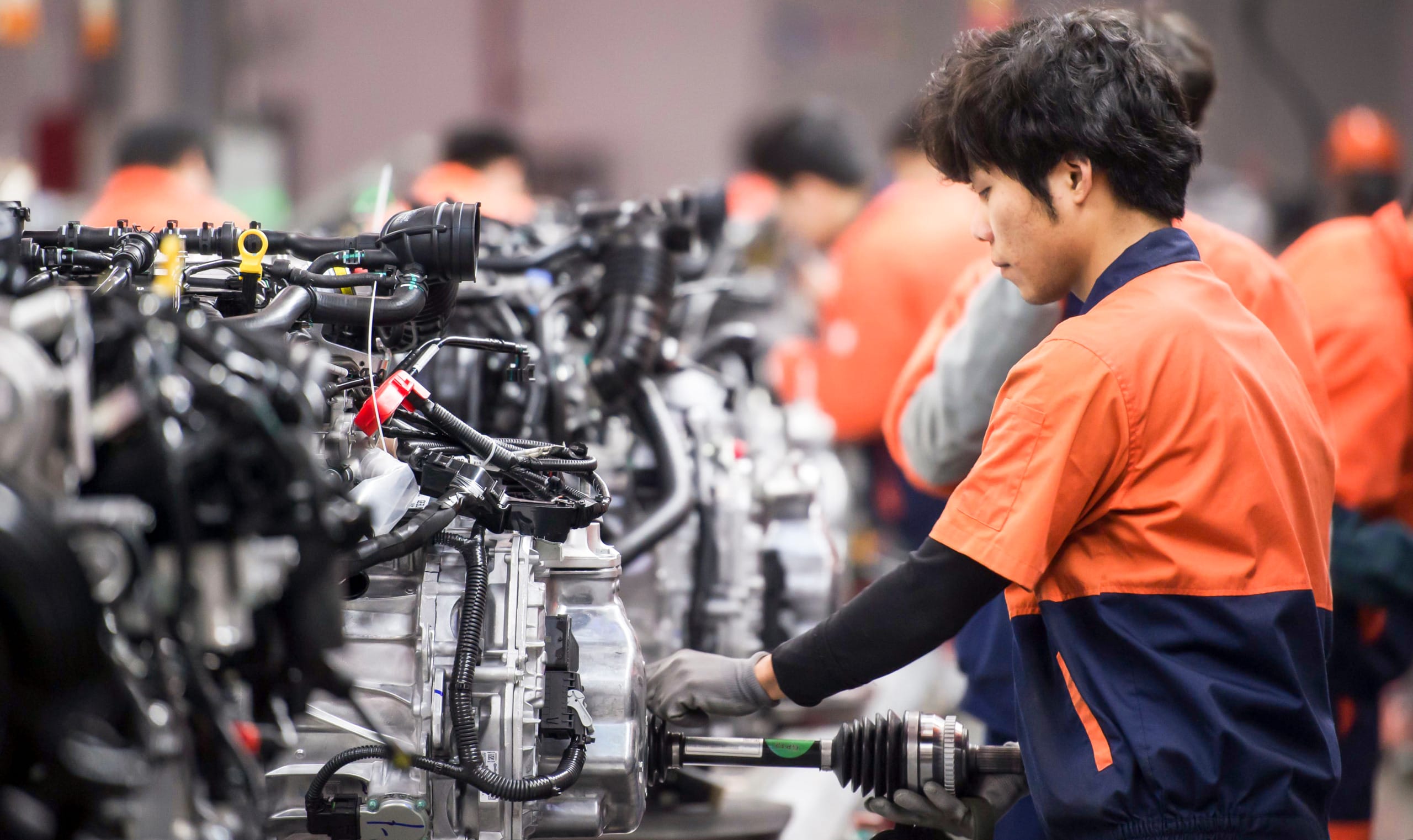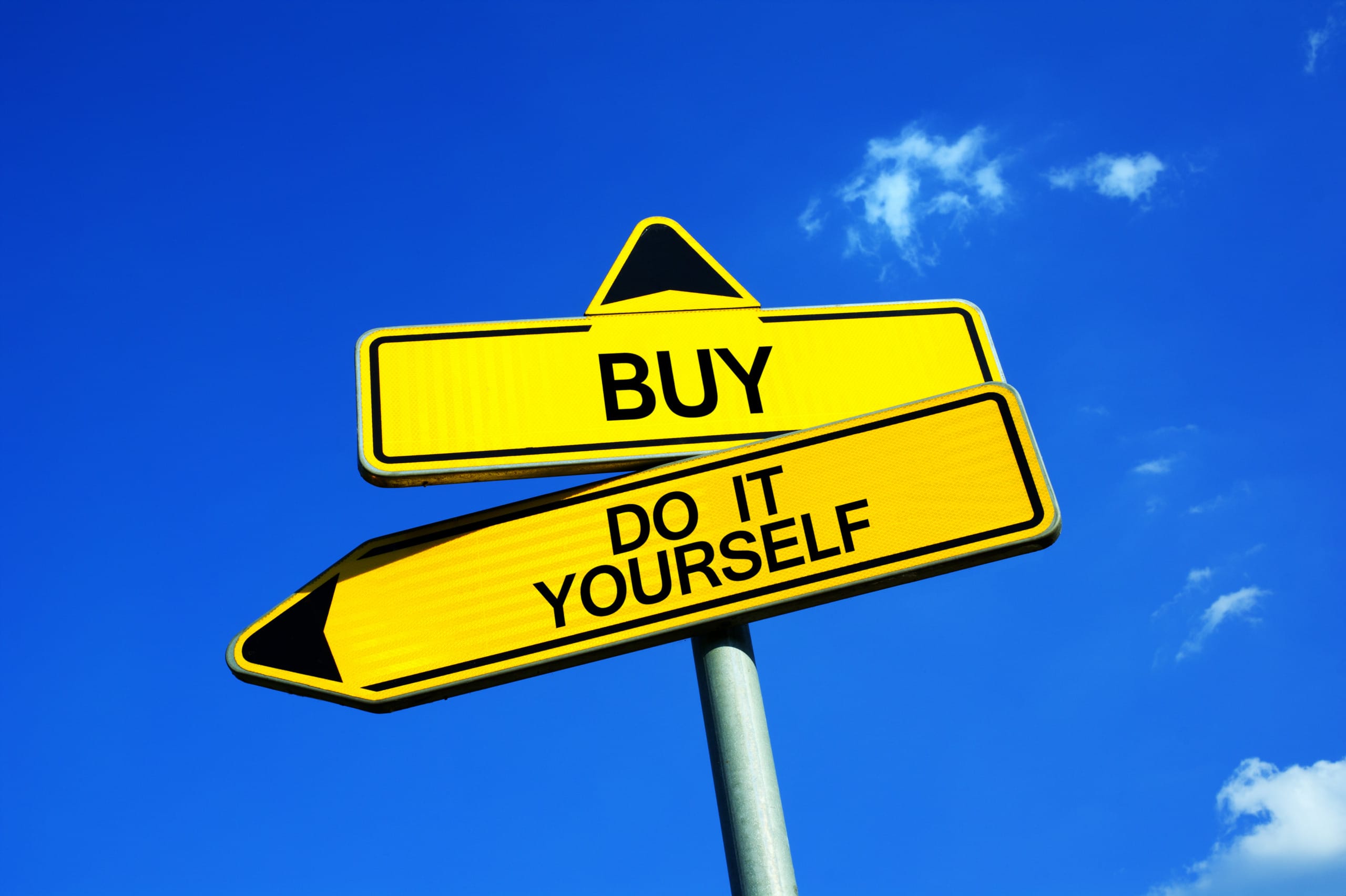‘Chinese businessmen would never send their CEO to do the groundwork straight away so it sends the signal that you’re not nearly as important as you present,” Goodham says.
If you’re small, talk yourself up, says Austrade’s senior trade commissioner in China, Peter Osborne.
”Talk about who you sell to, who your buyers are. Spruik your big clients. And make sure you meet the Chinese equivalent of yourself in the factory. If you’re the chief executive but you’ve never met your counterpart, they’re not taking you seriously,” Osborne says.
One lesson often painfully learned by Australian business owners is that every order placed has to be extremely clear and detailed.
Emails between DealsDirect staff and Chinese manufacturers are in dot points to minimise the risk of miscommunication.
”Ordering whatever you’ve seen in a picture, or even ordering the sample, will get you into trouble. You need to spell out exactly what you want. If you want the blue MP3 player you’ve got to specify the exact colour, size, and what accessories, if any, you expect to be included,” Goodhand says.
Negotiating a contract with each manufacturer is important. It forces each party to settle on procedures that kick in when something goes wrong. It is also an opportunity for the Australian business owner to gain respect and build a relationship with the manufacturer.
”The Chinese are likely to say yes to any order. They want to get their products out of the country. But they’ll work out the other party’s weaknesses very quickly.
”If in your eyes you don’t offer long term potential they will take advantage of whatever short term opportunity you represent. But if you can convince them that you’re serious and you’re the right company to work with, long term benefits will flow,” Hunt says.




Follow Us